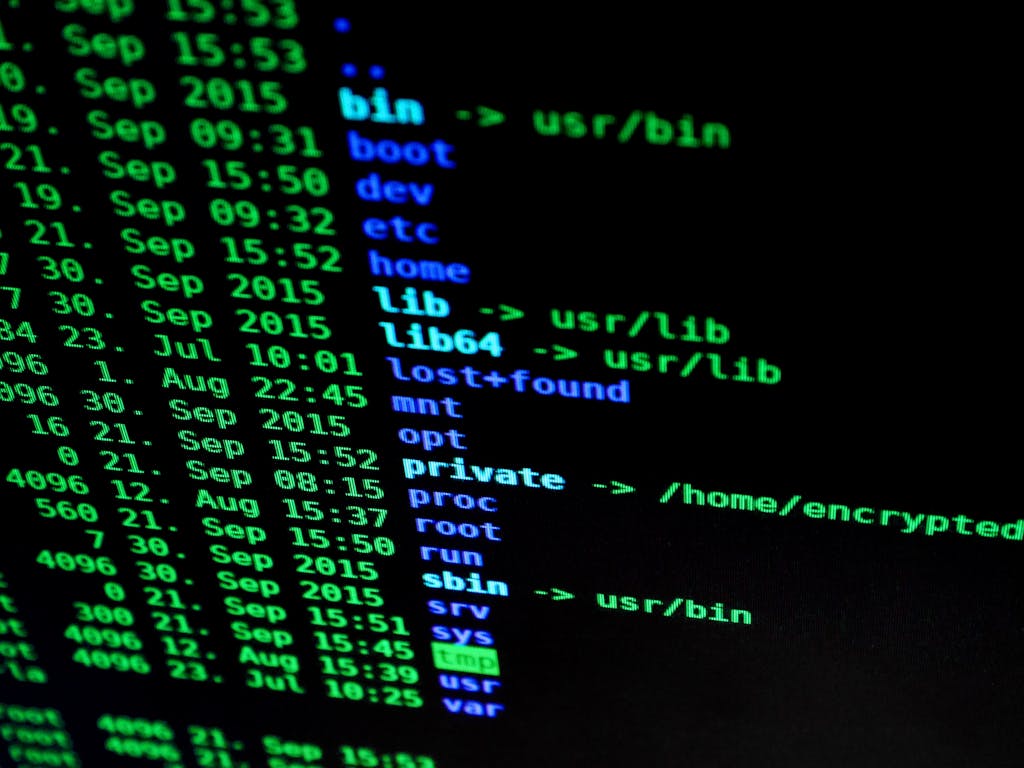Ensuring School System Security: Why It Matters
In an era where technology is integral to education, securing school systems has never been more crucial. Schools are no longer just places of learning; they are hubs of sensitive information, from student records to financial data. Ensuring robust security measures protects not only this data but the very integrity of the educational environment.
- Protecting Sensitive Student Data
Schools handle a wealth of sensitive information, including student records, grades, health information, and personal details. According to the National Center for Education Statistics, over 50 million students are enrolled in public schools in the U.S. alone, making these institutions prime targets for data breaches (NCES, 2021). A breach could lead to identity theft or misuse of personal information, affecting students and families profoundly.
- Safeguarding Financial Information
Educational institutions also manage significant financial data, including budgets, grants, and personal financial information of staff and students. The Cybersecurity & Infrastructure Security Agency (CISA) has highlighted that attacks on school financial systems can lead to severe disruptions and financial losses (CISA, 2022). Ensuring that this data is protected from cyber threats is essential for maintaining the operational integrity of schools.
- Preventing Disruption of Learning
Cyberattacks can disrupt the learning environment, causing downtime and loss of valuable educational content. The ransomware attack on the Miami-Dade County Public Schools in 2021 serves as a stark reminder of how these attacks can halt educational processes, as reported by TechCrunch (TechCrunch, 2021). Robust security measures can help prevent such disruptions, ensuring that students’ education continues uninterrupted.
- Compliance with Regulations
Schools must comply with various regulations, such as the Family Educational Rights and Privacy Act (FERPA) and the Children’s Online Privacy Protection Act (COPPA). Non-compliance due to inadequate security can result in legal penalties and loss of trust. The U.S. Department of Education emphasizes the importance of implementing strong data protection practices to adhere to these regulations (U.S. Department of Education, 2020).
- Building Trust within the Community
A secure school system fosters trust among students, parents, and staff. When stakeholders believe that their data is protected, it enhances the overall reputation of the institution. As cybersecurity expert Dr. Jessica Barker notes, “Trust is a crucial component of a successful educational environment, and security breaches erode that trust” (Barker, 2022).
In conclusion, securing school systems is vital for protecting sensitive information, ensuring uninterrupted learning, complying with regulations, and maintaining community trust. As cyber threats evolve, so must our strategies to protect educational environments.
References:
- National Center for Education Statistics (NCES). (2021). Public School Review.
- Cybersecurity & Infrastructure Security Agency (CISA). (2022). Cybersecurity Tips for Schools.
- TechCrunch. (2021). Miami-Dade School District Ransomware Attack.
- U.S. Department of Education. (2020). FERPA & Student Privacy.
- Barker, J. (2022). Cybersecurity and Trust in Education.
This site is protected by reCAPTCHA and the Google Privacy Policy and Terms of Service apply.
Whether you are part of a large school district, a smaller educational institution, or an individual educator, our team can assist you in developing effective strategies and objectives. We focus on minimizing operational challenges and reducing costs to enhance your institution’s efficiency and success.

